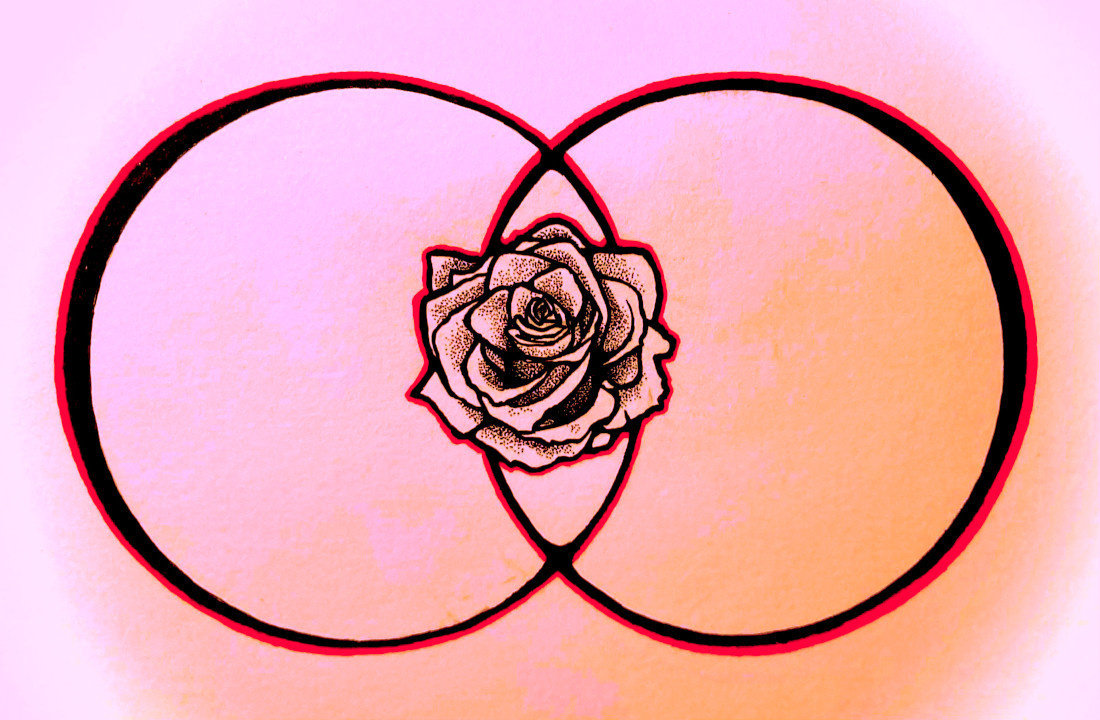What is expected
According to her
Illustration by Gabrielle Funk
I grew up surrounded by children my age in Buruburu, a housing estate in the Eastlands neighbourhood of Nairobi, Kenya. Together, we played in those sunset hours after school, and those long, golden afternoons that melt into each other during holiday breaks.
My friends and I held mock fashion shows, walking up and down the lengths of our backyards with the dresses of someone’s mother or older sister draped over us like tents. We watched the American pop stars on TV and tossed our bony little hips in imitation. Meanwhile, the boys would crowd into living rooms, taking turns on their PlayStation.
Each day, we all came together to play outside, a roving, wild band of children set loose on the neighbourhood sidewalks. We played Kenyan versions of the universal childhood games: brikicho (hide and seek), kati (dodgeball), hapo (freeze tag).
Some games were rough, and I found myself pushed over, my knees scraped raw. But to show weakness was pitiable. We laughed at the boys who could not stop their tears after a fall or a harsh word. We did not laugh at the girls, because weakness was expected. To be a girl who did not cry, who could keep up with the roughest of games, was an achievement.
We were children, all of us, under the shadow of adult influence. From infancy, they towered above us, watching our upward progress, issuing commands.
“Sheryl, I saw you walking home with some boys yesterday,” a teacher said loudly in class. “A girl should not be seen walking amongst boys. It’s disgraceful.” I watched my classmate wilt in shame.
In the opinion columns of the Daily Nation newspaper, I read about “loose” women and what happened to them: AIDS, prostitution, teen pregnancies. As we grew older, the pastors, teachers and parents alike commanded us to close our legs, to keep the boys at arm’s length.
Marriage was our aim. A career was great, and ambition was encouraged. Be a doctor, be a lawyer, be anything you want. But above all was the command to be a Good Woman. Married. Religious. Free from the stain of disgrace.
This command fell away when my family and I immigrated to Winnipeg when I was 17. Our plane landed in July, and I spent the muggy days of that summer walking around in a dreamlike state. The streets downtown were so clean, the roads so orderly. I could bare my legs and midriff without so much as a whisper from the men I passed, let alone the catcalls and admonishments that used to greet me in Nairobi. I was delighted.
But those rose-coloured glasses wouldn’t last. The streets weren’t actually that clean. And as I entered high school, I began to understand that Canada had its own version of a Good Woman. For better or worse, unlike the narrow confines of this prototype in Kenya, the standards of the Canadian Good Woman are elusive.
Of course, she has to be pretty. This rule is universal for women. She can be sexy but never too available. She can be smart and ambitious and can even stay unmarried (but not for too long). She can have safe casual sex, with the guidance of Canadian sex ed and women’s health clinics and rape-shield laws, but she can’t have it too much. And encompassing all these carefully balanced traits is the assumption that the Good Woman is white, or the closest to white that she can get.
It was jarring to make the transition from Girl to Black Girl. I discovered my sexuality in what seemed like a sprawling meadow where I could run free but that soon revealed itself to be a minefield, where the wrong step could blow back in my face, a sudden explosion of shame.
Five and a half years later, I am still making my way through this landscape. I am still a Kenyan girl who remembers home with its sunshine and its familiar shackles. But I am also a Winnipeg girl, braced tough against the cold. I have discovered feminism, a movement that is working to topple the idol of the Good Woman. I want to bring my voice to this task, using the intersection of my African past and my present experience as a Black girl in the diaspora.
I want to work toward replacing the question “What should a girl do?” with a richer, more inclusive one: “What should a girl do to make herself happy?”
Ciku Gitonga is a third-year political science student at the University of Ottawa. She moved from Nairobi, Kenya to Winnipeg with her family in 2016. Although her first love is fiction writing, she also dabbles in nonfiction.
Published in Volume 76, Number 15 of The Uniter (January 27, 2022)







